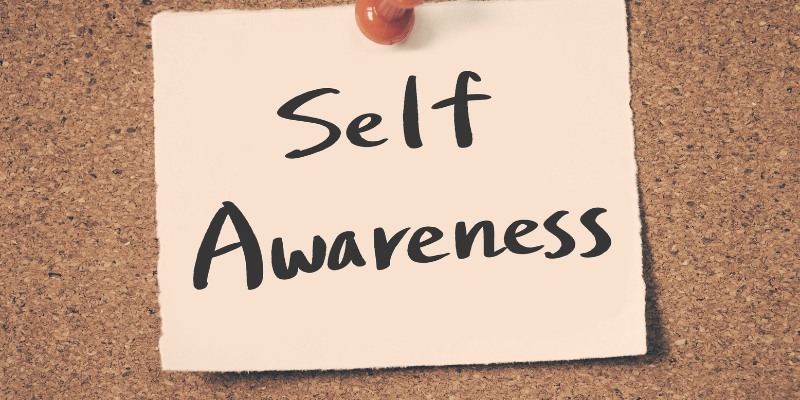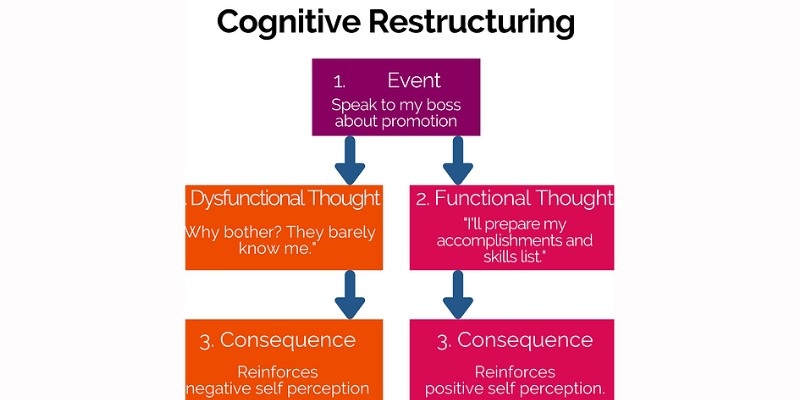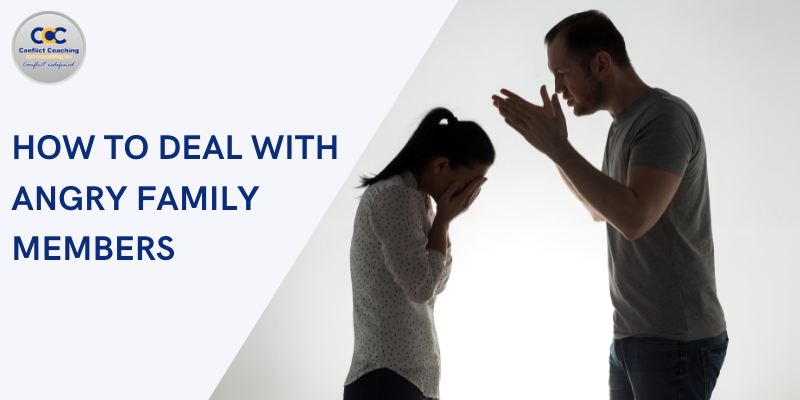
Anger Issues: Signs, Symptoms & How to Overcome?
Anger issues, at their core, encompass difficulties in managing and controlling anger reactions. They go beyond momentary flare-ups and entail persistent patterns of intense anger that may disrupt daily functioning and lead to harmful consequences.
These issues can significantly affect emotional and psychological well-being through explosive outbursts or suppressed resentment.
Anger issues can manifest in various contexts, from road rage and workplace conflicts to familial disputes. Moreover, unmanaged anger can be far-reaching, seeping into personal relationships, hindering communication, eroding trust, and fostering a hostile environment.
Furthermore, the toll of anger issues extends to one’s physical health, as chronic anger has been linked to an increased risk of heart disease, high blood pressure, and other stress-related ailments.
This blog aims to shed light on anger issues, offering insights, strategies, and support to help individuals navigate this complex emotional landscape.
Understanding the root causes of anger, learning effective coping mechanisms, and embracing healing techniques can pave the way for personal growth, improved relationships, and a more harmonious and fulfilling life.
Root Causes
The origins of anger issues can be multifaceted, with various factors contributing to their development. In this section, we explore the interplay of the following causes:
- Biological
- Psychological
- Environmental
- Situational
- Past experiences
Understanding these causes and different types of anger can provide valuable insights into the complexity of anger issues and guide us toward effective interventions and strategies for anger management.
6 Signs and Symptoms of Anger Issues
Identifying the telltale signs and symptoms of anger is crucial in understanding and addressing this emotional challenge:
- Frequent and intense outbursts
- Verbal or physical aggression
- Difficulty in controlling anger
- Irritability and hostility
- Relationship problems
- Physical symptoms
1. Frequent and intense outbursts
Individuals with anger issues may experience frequent and intense episodes, often characterized by explosive reactions disproportionate to the triggering event.
For example, a person might react with intense rage and shouting when faced with a minor inconvenience like a traffic jam.
2. Verbal or physical aggression
Anger issues can manifest as aggressive behaviors, including verbal attacks or physical violence towards others or objects.
For instance, an individual with anger issues may engage in yelling, insulting, or even physical altercations during conflicts.
3. Difficulty controlling anger
Those with anger often struggle to control their anger once it is triggered, finding it challenging to calm themselves down or redirect their emotions.
For example, someone with anger issues may find it difficult to refrain from lashing out verbally or physically, even when aware of the negative consequences indicating the difficulty to control anger.
4. Irritability and hostility
Individuals with anger may exhibit chronic irritability, frequently experiencing a hostile demeanor toward others.
For instance, they may frequently snap at others, engage in argumentative behavior or harbor resentment.
5. Relationship problems
Anger issues can strain relationships, leading to conflicts, breakdowns in communication, and distancing from loved ones.
For example, frequent outbursts of anger may create an atmosphere of fear and tension within a family or lead to the deterioration of friendships.
6. Physical symptoms
Anger issues can manifest in physical symptoms, such as increased heart rate, elevated blood pressure, muscle tension, headaches, or gastrointestinal distress.
For example, prolonged anger may contribute to chronic stress, leading to physical health issues like hypertension or digestive problems.
Impact of Anger Issues
Anger issues can have far-reaching consequences, affecting individuals personally and impacting society:
Personal consequences
Anger issues can lead to detrimental personal outcomes, such as damaged relationships, increased stress levels, and compromised mental and physical health.
For example, chronic anger may strain marriages, isolate individuals from their social support networks, and contribute to the development of anxiety or depression.
Societal consequences
Anger issues can also have societal ramifications, contributing to social unrest, conflict escalation, and a breakdown in community cohesion.
For instance, unchecked anger in public settings can lead to aggressive confrontations, civil disturbances, or even violence, negatively affecting society’s overall well-being and safety.
Preventing Anger Issues
Taking proactive steps to prevent anger can improve emotional well-being and healthier relationships:
- Early intervention and awareness
- Healthy coping mechanisms and stress management
- Emotional regulation skills development
- Supportive and nurturing environments
Early intervention and awareness
Recognizing and addressing anger issues early can prevent them from escalating.
For example, providing anger management education and school resources can help students develop self-awareness and learn effective strategies for anger regulation.
Healthy coping Mechanisms and Stress Management
Promoting healthy coping mechanisms, such as mindfulness, exercise, or therapy, can empower individuals to manage stress and emotions constructively.
For instance, practicing deep breathing techniques or engaging in regular physical activity can serve as outlets for releasing tension and reducing anger.
Emotional regulation skills development
Teaching emotional regulation skills equips individuals with tools to identify and manage their emotions effectively.
For example, teaching techniques like cognitive reframing or problem-solving can enable individuals to approach anger-triggering situations with a more balanced perspective and adaptive responses.
Supportive and nurturing environments
Creating environments that foster emotional support, empathy, and open communication can help prevent anger issues.
For instance, promoting healthy conflict resolution and establishing safe spaces for expression within families, workplaces, or communities can contribute to a supportive atmosphere that mitigates anger issues.
9 Anger Issues Coping Strategies
Discover effective coping strategies to manage anger and promote emotional well-being:
- Self-awareness and recognition of triggers
- Deep breathing exercises
- Progressive muscle relaxation
- Cognitive restructuring
- Problem-solving skills
- Assertiveness training
- Seeking professional help
- Enroll in a Course
- Therapy
1. Self-awareness and recognition of triggers

Developing self-awareness allows individuals to identify anger triggers and patterns, enabling them to respond proactively rather than reactively.
For example, keeping a journal to track situations or events that provoke anger can help identify common triggers and underlying patterns.
2. Deep breathing exercises

Practicing deep breathing involves taking slow, deep breaths and focusing on inhaling and exhaling fully.
For example, inhaling deeply through the nose for a count of four, holding the breath for a moment, and exhaling slowly through the mouth can help induce relaxation.
3. Progressive muscle relaxation

This technique involves systematically tensing and releasing muscle groups to achieve a state of relaxation.
For instance, starting from the toes and progressively working up to the head, tensing each muscle group for a few seconds, and then releasing the tension can promote physical and mental relaxation.
4. Cognitive restructuring

This technique involves examining and challenging irrational or exaggerated thoughts contributing to anger.
For instance, replacing thoughts like “Everything always goes wrong” with more balanced thoughts like “Mistakes happen, and I can handle challenges” can help shift perspectives and reduce anger.
5. Problem-solving skills

Developing practical problem-solving skills empowers individuals to address anger-provoking situations constructively.
For example, identifying the underlying issue, generating alternative solutions, and evaluating the pros and cons of each can help find practical resolutions.
6. Assertiveness training

Learning assertiveness skills enables individuals to express their needs and boundaries assertively but respectfully, reducing anger-inducing situations.
For example, assertively communicating one’s feelings and setting clear boundaries in interpersonal relationships can prevent resentment and anger buildup.
7. Seeking professional help

In some cases, seeking professional assistance can provide additional support and guidance in managing anger issues.
For example, participating in anger management courses or attending therapy sessions can offer specialized strategies and a safe space for exploring underlying issues.
8. Enroll in a Course

These structured courses provide education, skills training, and support in managing anger. For example, self-paced anger management classes may cover anger awareness, communication skills, and stress management techniques.
The courses offered by Mastering Anger cater to individuals with varying degrees of anger issues, allowing them to choose the program that best suits their needs. These classes include:
9. Therapy

Engaging in therapy, such as cognitive-behavioral therapy (CBT), can help individuals address deep-rooted issues and develop effective coping mechanisms.
For instance, therapy sessions may focus on exploring underlying triggers, learning adaptive responses, and enhancing emotional regulation skills.
Conclusion
Anger issues pose significant challenges to individuals and their relationships, but there is hope for managing and overcoming this emotional struggle.
Throughout this blog, we have explored various aspects of anger issues, including their definition, causes, symptoms, impact, and coping strategies.
If you find yourself struggling with anger issues, it is essential to seek support. Reach out to trusted friends, family, or professionals who can guide and assist your anger management journey. Remember that you are not alone, and resources are available to help you navigate this challenge.
With dedication, self-awareness, and the implementation of effective strategies, it is possible to overcome anger issues. Embrace the opportunity for personal growth and work towards healthier responses to anger.
By cultivating a better understanding of your triggers, adopting relaxation techniques, utilizing anger management strategies, and seeking professional help, you can make significant progress in managing and overcoming anger issues.
Embrace the hope within you and believe in your ability to cultivate healthier ways of dealing with anger.
The journey toward anger management may not always be easy, but with perseverance and support, you can lead a more balanced and fulfilling life. Remember, you can break free from anger and create positive change.





Responses